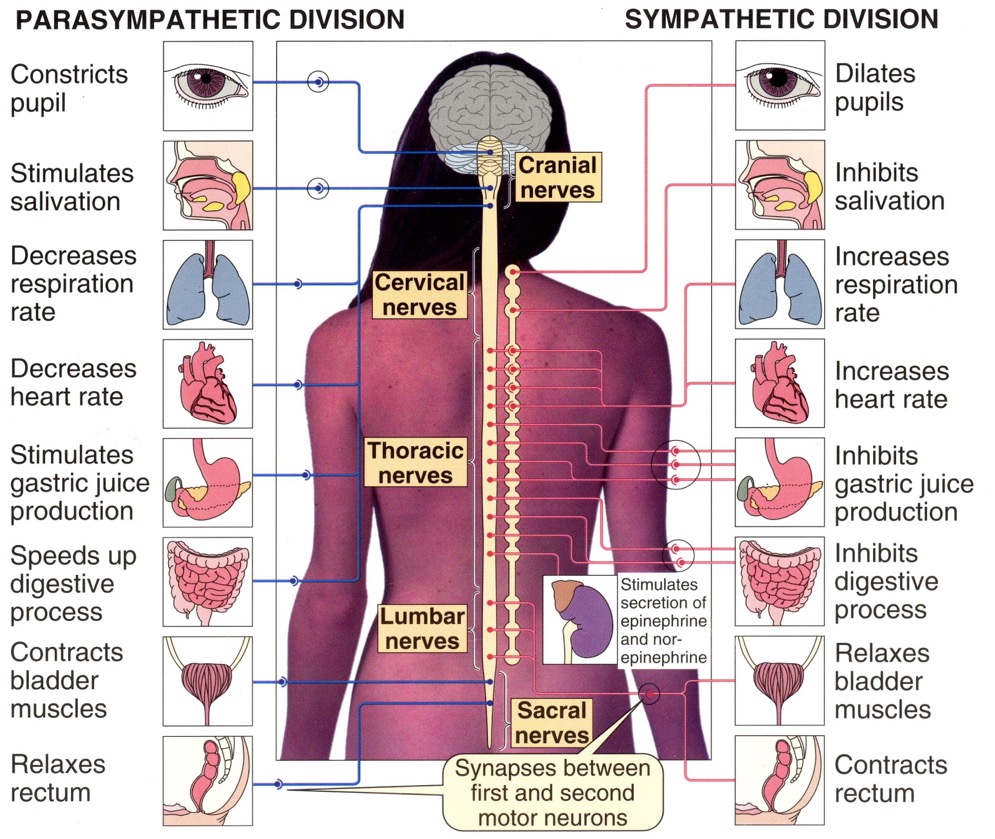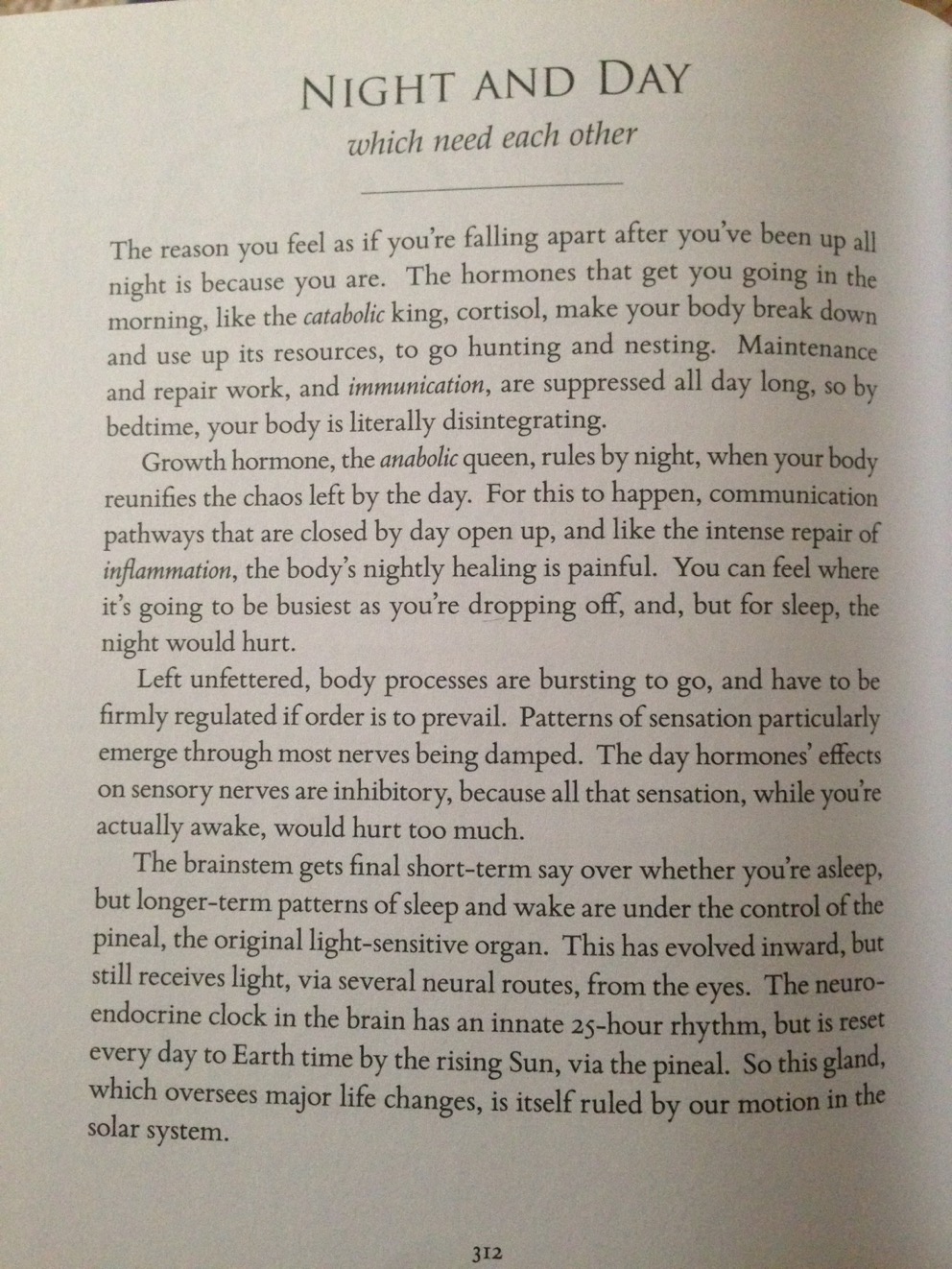Why Meditate? What Are the Benefits?
Meditation can help you to enjoy life more and function better. Meditation enhances physical health and vitality, and promotes mental clarity. Emotionally, you will notice a deepened awareness of your feelings, and a greater capacity to give and receive love.
Meditation is an overall physiological response - an integrated mind-body state. The ability to meditate is built-in, and there are thousands of ways of accessing it. The best way for an individual is the way that suits her nature. And this is the challenge. Unless you find the one or two techniques that truly suit your nature, you won’t want to meditate, won’t find it a natural fit with your daily life, and the negative side effects may outweigh the benefits.
Hundreds of scientific studies over the last several decades have established that meditation has significant and measurable physical, mental, and emotional benefits. Here are just a few:
Physical Benefits of Meditation
Your muscles and nerves relax profoundly.
You are able to rest deeply and recover quickly from fatigue.
You have a way to release stress from your nervous system, reducing stress-related ailments.
Your immune system becomes stronger and your body is able to heal more rapidly.
Blood pressure is normalized (lowered if high).
You become more comfortable in your body.
Your senses open up and come alive.
Your ability to experience physical pleasure increases. You are a better lover, more in touch with all your senses.
These physical benefits are a side effect of the mental attitude of relaxed attention you are cultivating.
Mental Benefits of Meditation
You can see and hear your own thoughts more clearly.
You are more alert.
You are able to stay calmer under pressure.
You are able to shift perspective quickly from narrow focus to big picture.
You perceive more beauty in life.
You have a sense of how things connect, how things work together.
You have more choice in how you respond to the world, for example, whether to get stressed or not.
You are more open to new experiences.
You are more accepting of your individuality.
The physical and mental changes impact your emotional life by bringing you into inner balance. Meditation puts you in touch with yourself and your authentic feelings as well, helping you to learn from and integrate your emotions.
Emotional Benefits of Meditation
You learn to accept all your emotions.
You have more empathy with others.
You feel more connected with those you love.
Life seems more harmonious.
You are able to give and receive pleasure, attention and love.
You are better at letting go of resentment and hurt.
You are a better friend and lover because you are able to listen fully.
You have better boundaries. Because you spend time with yourself, you will know where you end and another begins.
You have a specific time and technique to feel and heal your heartaches and emotional wounds.
Spirituality can be thought of as the wholeness of our being. Meditation gives us a chance to integrate and harmonize our physical, mental, and emotional worlds. We come into relationship with the vastness of life.
Spiritual Benefits of Meditation
You have a sense of oneness with the world.
You experience more wonder and awe at creation.
You tune in to your essence, your soul.
You are more grateful.
You feel more compassion.
You directly experience that life is sacred.
You feel a sense of connectedness with the soul of humanity. You are at home in the cosmos.
You develop spirituality in your own way, a gradual awakening to an intimate communion with life.
You begin to come to terms with death, with the mystery of death and birth. You feel more comfortable with things unseen.
Your sense of the meaning of life deepens.
It is surprising that such a simple practice can have these profound benefits. This is because life is all one piece, and when you pay loving attention to the flow of life within and around you, all dimensions of your being are positively affected. Meditation is just a name we give to cultivating our best, most loving attention.
Personal Responses to Stress
We all have experienced, at least momentarily, most of these common responses to stress. Some of these reactions may have become bad habits; others we may have faced at some point in life and eventually overcome.
- Behavior: compulsive eating or smoking, or else self-starvation and denial of healthy needs; grinding the teeth at night; anxiously scanning the environment when there’s no implied threat.
- Body: sweaty palms, dizziness, ringing in the ears, headache, indigestion, backache, racing heart, fatigue
- Emotions: irritability, irrational anger, lack of pleasure, depression, loneli- ness, powerlessness
- Mental functioning: continual worry resulting in difficulty making decisions and thinking clearly; tunnel vision concerning the object of worry, leaving no time for the big picture
⁃ Relationships: taking your frustration out on your loved ones, or overloading your relationships with your distress; blaming others; isolating in order to not rage at others; chronic intolerance, distrust, suspicion, and other relationship- killing emotional tones.
How Do You Get These Benefits?
You give a lot to get the benefits of meditation:
1) You give 20 minutes or so in the morning and evening. Usually before meals. Meditation is a time you give yourself, to take care of yourself.
2) You give attention and feel everything that is arising. You pay attention to whatever in you needs attention. This is very similar to the kind of loving attention you give a friend, spouse, animal. It’s good practice, but it is as demanding as any relationship. In meditation, you are not so much in relationship with yourself, as in relationship with life as you. You are feeling all your instincts, all your sensations and emotions, all your responses.
Once you get the hang of this, it is deeply pleasurable. It is pleasurable even to review what is bothering you. This process of reviewing things you feel bad about is called debriefing, and it is a major way we learn from our experience. When we have time to debrief daily life, we develop emotional intelligence, spiritual intelligence, and even physical intelligence. When we deny or block out this debriefing, then we interfere with our learning and may over time become less intelligent emotionally.
The Paradox of Relaxation
The big problem with relaxation in general is that the body wants to review stressors and turn off the stress response, if that is appropriate. It is almost always appropriate. What this means is that the body-mind system will utilize the relaxation and peace of meditation to relive trauma or pain, and work it through. The body is in a state of ease, and when feelings of dis-ease arise, they can be filtered and re-evaluated. So there you are, finally having some peace in meditation, and blam, something you are afraid of, or worried about, comes to mind.
Read the Science for Yourself:
If you want to read further in the research, see The Physical and Psychological Effects of Meditation online at the Institute of Noetic Sciences. I used to hand out thousands of copies of these kinds of research reports at the TM lectures I gave from 1970 to 1975.
During meditation there is a general activation of the parasympathetic nervous system, the "rest and digest" response, which balances the "fight or flight" response. These two genius responses balance each other during meditation as the body/mind system tunes itself up for survival.

When we are healing, the body aches and the nerves can feel ragged. This is akin to the sensations of getting a massage on sore muscles.
"But for sleep, the night would hurt."
Part of learning to meditate is getting used to the sensations of REPAIR and RELEASE of tension.
